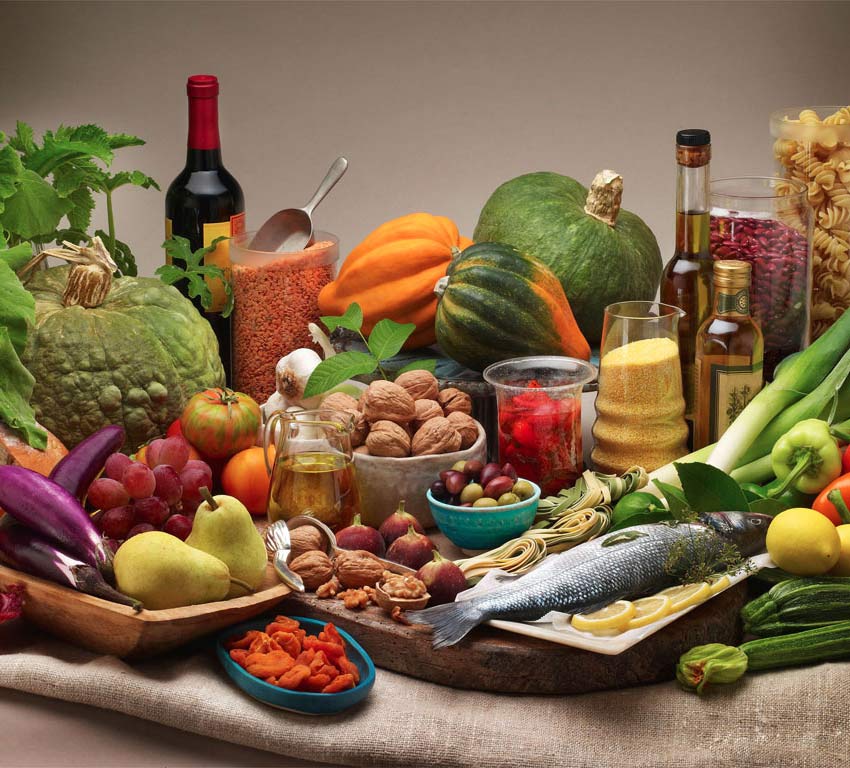Taste Puglia’s typical food: a very good reason to enjoy your stay in the region. The bucolic landscape, slow pace of life, natural colours and prevailing peace of the Valle D’Itria are its most enchanting assets. But that doesn’t tell the whole story. The region’s beauty is combined with a taste for life, for that “slow life” that encompasses the real meaning of existence. And this is something we have to thank its food for.
The Valle D’Itria is a riot of authentic local flavours, a treasure trove of unique delicacies not found anywhere else in the world, including the extremely popular bombette, or stuffed meat rolls. The villages of the Valle D’Itria – Cisternino in particular – teem with butchers where you can purchase these highly sought-after specialities. It’s where you can taste Puglia’s typical food.
Martina Franca is famous for its sausages and cured hams, still made using traditional techniques. Its capocollo takes pride of place, with a wine-red colour and flavour second to none. Due to climatic conditions, the rearing of pigs in Southern Italy is not as wide-spread as in the centre and north of the peninsula, but Martina Franca and its surrounding area are an exception to this rule. Here, thanks to the presence of suitable environmental conditions, it has been possible to produce a capocollo that is recognised all over the world for its quality. This speciality is closely linked to the region in which it is produced, thanks both to the traditional methods used and typical local ingredients. With this in mind, capocollo from Martina Franca has been honoured by the Slow Food Movement as a niche product made in Italy; a prestige product to be safeguarded. So Martina Franca it’s a place where you can taste Puglia’s typical food.
Ceglie Messapica is another essential stop for those curious to learn about local flavours. In fact, the village is considered the cradle of Puglia’s gastronomy. Its traditional cuisine is genuine and authentic thanks to its links with local products and the changing of the seasons. Every summer, the village plays host to the Ceglie Food Festival, an important event dedicated to live cooking demonstrations, events and tastings. The festival provides an opportunity to immerse yourself in Mediterranean culture and to be slowly won over by the profusion of local flavours.
The Valle D’Itria’s vegetation is typically lush and dominated by olive trees, hence the production of olive oil. However, not everyone is aware that the oil produced in the areas around Ceglie Messapica, Martina Franca, Fasano and Cisternino has been given high-quality DOP (protected origin) status and is organoleptically balanced. What’s more, DOP olive oil is not used exclusively to provide meals with flavour, but also plays another vital role: it protects us from a variety of cardiovascular diseases, as demonstrated by numerous clinical and laboratory studies. The beneficial effects of olive oil on health derive predominantly from the antioxidant properties of some of its constituents. To taste Puglia’s typical food it’s good for health too.
The hilly climate of the Valle D’Itria is also favourable to growing vines. Rows of white Alessano and Verdeca vines are used to make Locorotondo DOC and Martina Franca DOC wines, which have a pleasant flavour popular the world over. The gastronomy of the Valle D’Itria is characterised by peasant cooking using simple ingredients; it is far removed from the globalised food-production system and still retains the intangible values of tradition. This is what makes the region so authentic and special.

